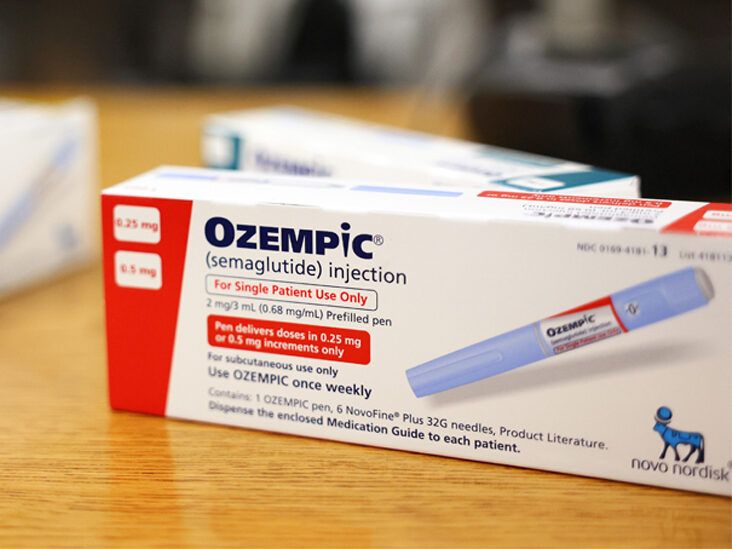Hot nights and extreme temperatures may raise stroke risk, study finds
A recent study in JAMA Network Open highlights a potential health impact of climate change: an increased risk of strokes on warmer nights, especially among elderly women. The study found a 7% higher risk of stroke on warm nights compared to cooler ones.
Warmest Decade on Record
Between 2011 and 2020, the global average temperature for both land and ocean surfaces marked the warmest decade on record, surpassing the previous high set from 2001 to 2010. As the climate continues to warm, understanding its effects on human health becomes increasingly urgent.
Higher Stroke Risk Linked to Hot Nights
Researchers analyzed 15 years of patient data from Augsburg Hospital in Germany, focusing on the warmest months, May to October. They identified 11,037 stroke diagnoses between 2006 and 2020, with an average patient age of 71.3 years. The most common type was ischemic strokes (7,430 cases), followed by 642 hemorrhagic strokes and 2,947 transient ischemic attacks.
Ischemic strokes occur when blood vessels are blocked, hemorrhagic strokes happen when blood vessels rupture, and transient ischemic attacks are temporary blockages mimicking strokes without permanent symptoms.
The researchers correlated stroke incidences with hourly data on temperature, relative humidity, and barometric pressure from a local meteorological station. By controlling for daytime temperatures, they isolated the effects of warmer nights.
From 2013 to 2020, a period of warmer temperatures, there was a slight increase in stroke occurrences on hot nights compared to 2006 to 2012. Older individuals, particularly women, and those with mild stroke symptoms were most vulnerable.
Expert Opinions on the Study
Cardiologist Dr. Cheng-Han Chen from Saddleback Medical Center found the results concerning but not surprising. He noted that previous studies have linked extreme heat to cardiovascular events like heart attacks and strokes. He praised the study’s robust statistical analysis.
Dr. Jayne Morgan, Executive Director of Health and Community Education at Piedmont Healthcare Corporation, was more cautious. She agreed that extreme heat is associated with cardiovascular events but pointed out that the study did not establish causality. Morgan also highlighted the study’s homogenous population and the unknown gender of nearly a quarter of participants, questioning the generalizability of the findings.
How Heat May Increase Stroke Risk
Dr. Chen explained that extreme heat stresses the cardiovascular system, which regulates body temperature. This stress could interfere with blood vessel function, potentially leading to strokes or heart attacks. Dr. Morgan added that dehydration and electrolyte imbalances from excessive sweating could exacerbate this stress. Additionally, extreme heat can increase blood pressure and blood coagulability, particularly in those with pre-existing conditions.
Preventative Measures
Both experts emphasized the importance of staying hydrated during hot weather. Dr. Chen recommended drinking plenty of water before bed, ensuring good air circulation in the bedroom, and keeping windows open for air movement. Dr. Morgan suggested cool baths, showers, and placing cool cloths on the neck, forehead, and torso to help lower body temperature.
Dr. Morgan also raised concerns about climate change’s broader impact on cardiovascular health, citing the potential rise in pollution and particulate matter that could harm heart tissue.
Conclusion
The study underscores the need to understand and mitigate the health impacts of a warming climate. As temperatures rise, taking precautions against heat-related health risks becomes increasingly important.





